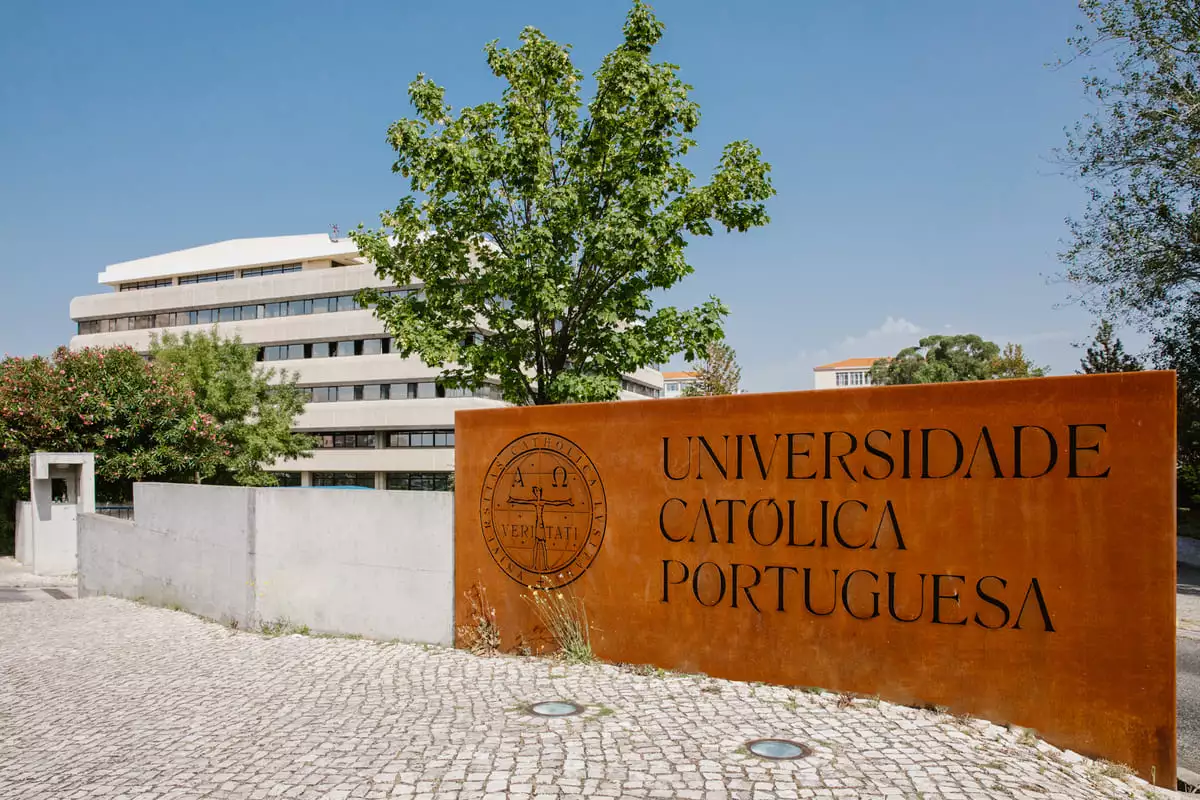Educational opportunities in Portugal

Academic requirements for higher education in Portugal
Portuguese language proficiency is required for admission to most Portuguese universities. Applicants must provide certified copies of their academic credentials, such as transcripts and diplomas proving that they have completed secondary or equivalent levels of education. In addition, international students must provide evidence that they meet the specific admission requirements set by the university to which they are applying.
Required documents for enrollment
In addition to academic qualifications, applicants may need additional documents such as personal statements or letters of recommendation in order to be admitted to a Portuguese university. International students may also be required to demonstrate English or Portuguese language proficiency depending on the institution's requirements.
Types of higher education institutions in Portugal
Portugal has both public universities and polytechnics and private schools and colleges offering higher education programs.
9 October 2024
29 January 2025
9 October 2024
29 September 2025
9 October 2024
Public universities tend to offer more traditional programs of study such as humanities, engineering, mathematics, and science, while polytechnics specialize in technical courses such as computer science or engineering technology. Private schools tend to offer more specialized programs, such as communication studies or business administration, while private colleges typically specialize in vocational training, such as medical assistant certificate courses or hotel management diploma programs.
The cost of studying in Portugal and available financial aid options
Tuition fees vary depending on the type of institution, but generally public universities have lower tuition fees than private institutions due to government subsidies from taxes collected from citizens who pay taxes within Portugal's borders. Students can obtain financial aid depending on their individual needs, including grants provided by local governments, scholarships provided by foundations, student loans, employment programs, etc.
Conclusion
Education has always been very important in Portugal, so it offers excellent educational opportunities at various levels, including primary and tertiary education in public and private institutions. The cost of tertiary education depends on which type you choose, but there are various financial aid options including grants, scholarships, student loans, etc. that can help make getting an education more affordable.
Comment
Popular Posts
9 October 2024
9149
29 January 2025
1583
9 October 2024
1505
29 September 2025
459
9 October 2024
9978
Popular Offers

Subscribe to the newsletter from Hatamatata.com!
Subscribe to the newsletter from Hatamatata.com!
I agree to the processing of personal data and confidentiality rules of Hatamatata















